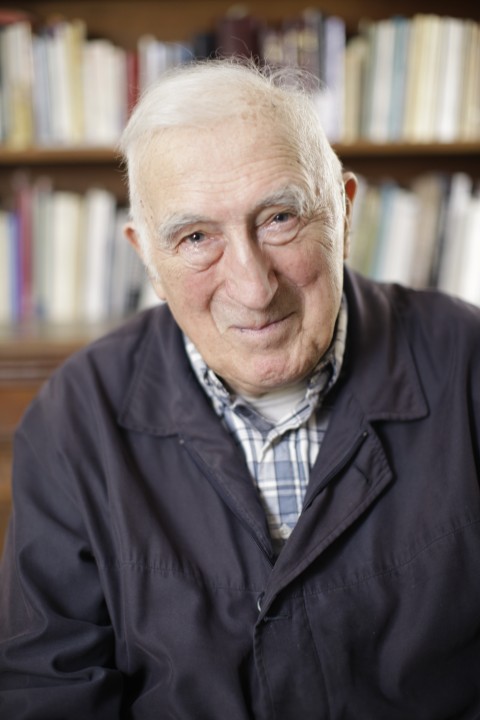Jean Vanier, author who shaped theology of disability, dies at age 90
Through the L’Arche network of communities and his books, he lifted up the brokenness of people with and without developmental disabilities—and their potential for transformation.

Jean Vanier, author and founder of the L’Arche network of communities, where those with and without developmental disabilities live together, died May 7 at age 90 in Paris. He had thyroid cancer.
Among other awards, Vanier won the 2015 Templeton Prize honoring those who have made “exceptional contributions” to affirming the spiritual dimension of life. Often called the most prestigious award in the world of religion, the Templeton Prize is valued at $1.7 million.
“He has given us a magnificent vision of who Jesus is, and he is not only saying it, he’s living it,” Pope Francis said of Vanier on that occasion.





